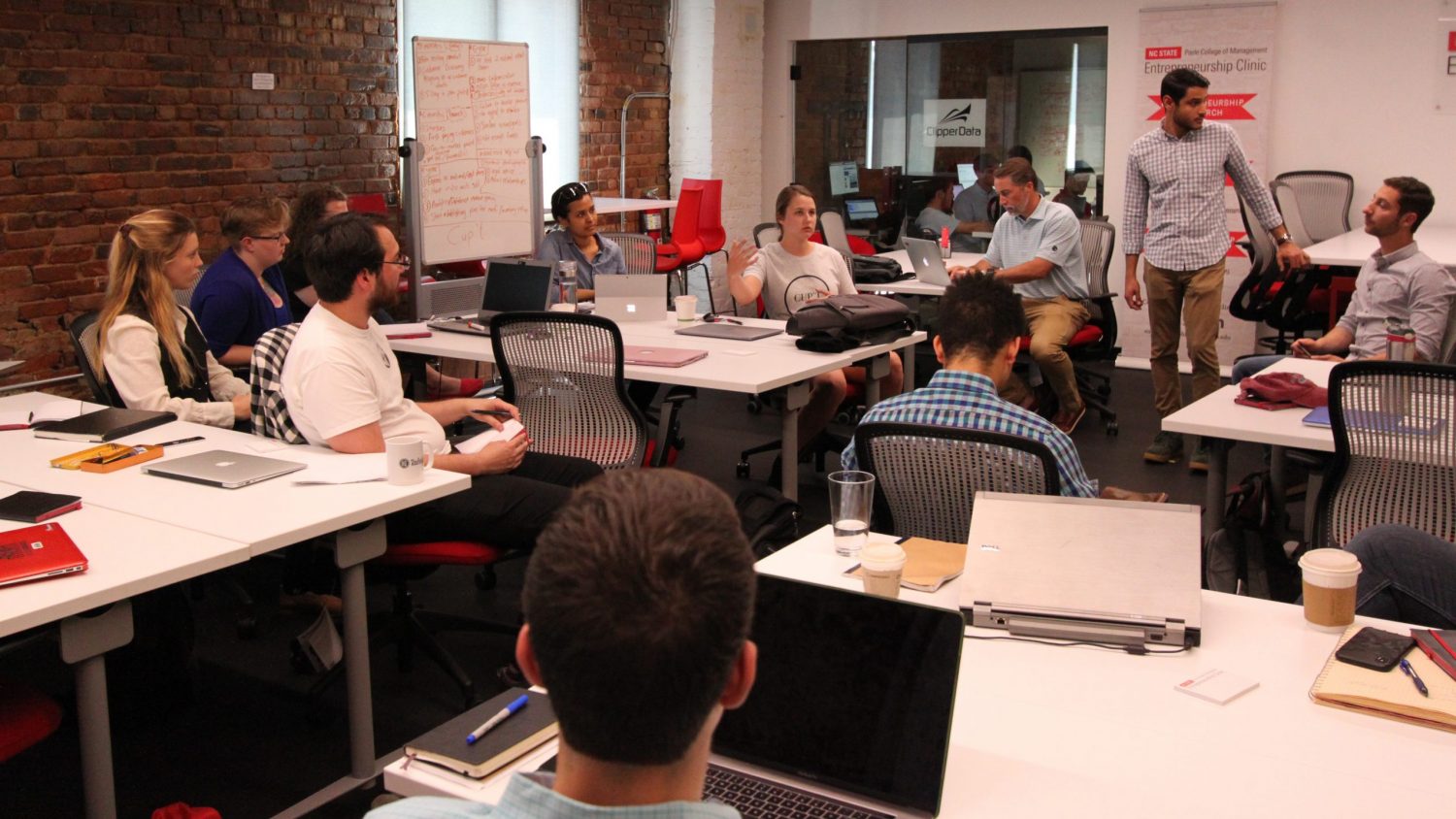In an inbox full of emails, what will draw a busy entrepreneur to participate in a research survey? After all, building the body of research around entrepreneurship is critical – and it is important for business leaders and entrepreneurs to share their thoughts and perspectives with academic researchers. Unfortunately, oftentimes those whose opinions are most needed have the least amount of time and attention to participate in these research activities.
In an effort to determine how to best motivate entrepreneurs to participate in academic research, a team of researchers from the NC State Poole College of Management, led by associate professor of entrepreneurship Jeff Pollack, reached out to nearly 1,500 individual entrepreneurs to determine which behavioral science principle would be most effective in engaging them in a research project.
Our hope is that these results provide small-business researchers with valuable, evidence-based insights that they can quickly and easily incorporate into their scientific practice.
The team focused their efforts on testing five different behavioral principles and the psychological mechanisms behind each of them. These principles included self-signaling, dynamic norms, cognitive dissonance, descriptive norms, and social pressure. The researchers created an email template in Mailchimp that invited each of the 1,450 participants to participate in the research study. Over a period of eight weeks, each participant received an email that was identical, except for the call to action, which substituted the same few sentences with different words from each behavioral principle.
Their results indicated that descriptive norms, which describe what is typical or “what most people do,” led to the highest level of engagement with their research project. For example, in the research study, the survey’s call-to-action using descriptive normals stated, “50 visionaries like you, have already signed up for [name of the platform]. They’re helping us better understand the social networks of the North Carolina entrepreneurial ecosystem.”
In addition to Pollack, the Poole College research team included Elizabeth Tracy, graduate teaching assistant, Joseph Billingsley, research assistant professor, and Jon Carr, professor of entrepreneurship, along with Grayson Morrow, a senior in the College of Humanities and Social Sciences.
“Our hope is that these results provide small-business researchers with valuable, evidence-based insights that they can quickly and easily incorporate into their scientific practice,” Pollack says.
- Categories:
- Series:



